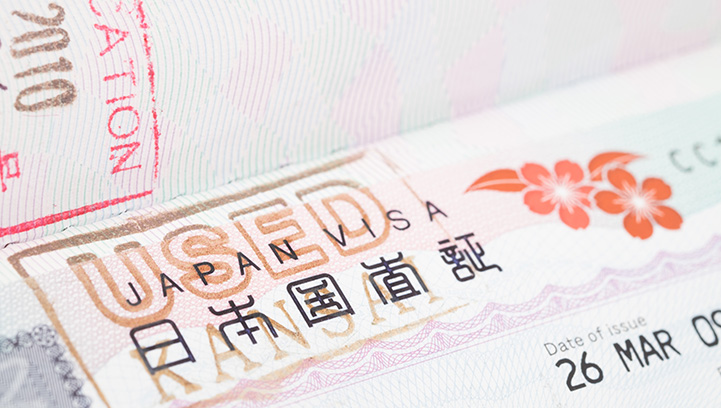Two New Visa Statuses
In the early morning hours of December 8th, the Japanese Diet passed a major revision to the Immigration Control Act, codifying into law two new visa residency statuses that will allow a significant increase in the number of blue collar workers accepted into Japan. The two new visa statuses have gone into effect as of April 2019, with as many as 345,150 foreign workers being brought in during the first five years. This is great news for international students who are currently in Japan studying and aim to work in Japan in the near future.

This revision is widely considered to be the most important piece of legislation being dealt with in this Diet session, as Japan faces severe labour shortages due to its aging society. Many of the details of the revision were already made public prior to passage. Below we summarise the main points and highlight what’s new.
Specified Skills No. 1 Visa
- You must have a certain level of industry-specific skills. This is in addition to the Japanese language requirement to apply for this visa status.
- You are not permitted to bring your family with you.
- You can stay in Japan for a maximum of five years under the “Specified Skills No. 1” visa status.
- It’s possible to switch to the “Specified Skills No. 2” visa from the Specified Skills No. 1 visa, if you have obtained a higher level of specialization during your stay in Japan.
- It’s possible to switch to from the Technical Intern Training visa status to the Specified Skills No. 1 visa if you meet all the eligibility requirements.
Specified Skills No. 2 Visa
- You must have an additional level of specialisation. Workers staying in Japan on the “Specified Skills No. 1” visa can apply for the “Specified Skills No. 2” visa if they attain higher level specialization in their field.
- Indefinite length of stay in Japan possible. This is a significant difference from the “Specified Skills No. 1” visa. In principle, workers staying in Japan on the “Specified Skills No. 2” visa may be able to continuously renew their visa status, essentially giving them a way to stay in Japan indefinitely.
- You are able to bring your family with you. The “Specified Skills No. 2” visa status allows workers to bring family members with them to Japan.
Which Industries Qualify?
There are fourteen industries that qualify to accept workers under the new residency visas:
- Nursing care
- Building cleaning
- Agriculture
- Fishing industry
- Food & drink manufacturing (including seafood processing)
- Restaurant (food and drink service)
- Materials industry
- Industrial machinery industry
- Electronics and electrical equipment industry
- Construction
- Ship building/Marine industry
- Car maintenance
- Aviation (Airport ground handling, aircraft maintenance)
- Lodging/hospitality
What’s New?
- The revised Immigration Control Act have gone into effect as of last month, in April 2019.
- In the first five years of implementation, approximately 345,150 people will be accepted under the Specified Skills No. 1 visa status.
- People staying under the Specified Skills No. 2 status will be able to renew their visa every 1 to 3 years, without a limitation on the number of renewals.
- For two industries (construction and ship building), implementation of the Specified Skills No. 2 visa will be put off for several years. Depending on how many people will be residing under the No. 1 status in these industries, trials will be done to transition qualifying workers to the No. 2 status.
- If it is found that labour shortages have been alleviated, the Cabinet may take measures within the year to stop the acceptance of foreign workers under the new residency statuses.
- The government will establish comprehensive measures, including support for Japanese language education and consultation services, to help foreigners adapt to living in Japan.
- The Immigration Bureau will be re-organized as the Immigration and Residency Agency.
- In 2021, the government will conduct a review of the new system to evaluate its implementation and economic effects.










